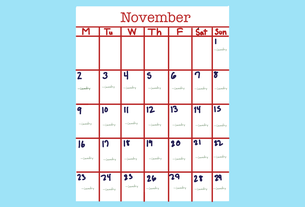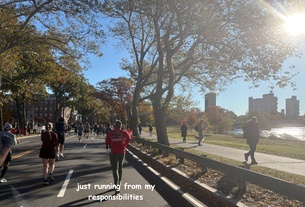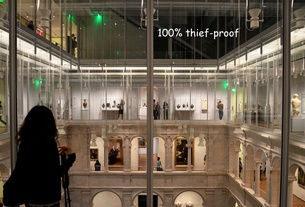{shortcode-a9ebcf5e129c10b3a060b2a66d941443c9db6a92}
Today, Lue considers education his field of academic-style research even if he does not have an education degree, and a field that he calls “remarkably challenging.” He treats his classroom as a laboratory and an early testing ground for the methodological experimentation he hopes to scale to the University-wide level–and, in the case of HarvardX, far beyond.
“[Students] are very different from yeast or cells growing in a dish that we can do stuff to and that generally behave in predictable ways,” Lue says. “Human beings in the context of a Harvard class are very complicated, unpredictable.”
This spring, Lue says he conducted an experiment in his class, MCB 54: “Cell Biology,” to challenge traditional course structures that score students based on a midterm and a final. Instead, Lue replaced both exams with six 20-minute “In-Class Evaluations,” or ICEs, spread out over the course of the semester.
“We discussed at the beginning of the semester the idea of changing the way students are examined from this ancient system where you tend to have a lot of focus on midterm and final,” says Vladimir Denic, Lue’s co-professor for MCB 54. “The idea is that a lot of students cram for those types of experiences and then their retention is not very high afterwards.”
Its results aside, the experiment is classic Lue, similar in objective to the globally successful cellular visualization his team created in 2006, which dynamically engages students to better understand course material. Lue’s commitment to the classroom—Losick says that Lue lectures from the aisles rather than talking down from a lectern—has translated to a well-remarked popularity among students and consistently earns Lue Q guide scores over 4.0.
Colleagues say projects like the cellular visualization are exemplary not only of Lue’s intellectual ability, but also of his ability to combine disciplines and find methods for improvement outside of the traditional professorial toolbox.
“Many of us, we burrow into our departments and our own research projects, and he’s wired differently,” says English professor Elisa New, whose course Aesthetic and Interpretive Understanding 12: “Poetry in America,” was adapted to HarvardX this spring. “He is able to see over time places where innovation is ready, is ripe to happen, and where he can be effective in coaching and nursing it along.”
‘LEADING IN LEARNING’
On an evening in the middle of April, Lue stood beside Vice Provost for Advances in Learning Peter K. Bol as he gave an interactive talk about Chinese folklore to a group of Allston residents gathered at the Education Portal. About 75 or so residents watched in the room, but Bol’s lecture was also broadcast live to HarvardX viewers around the world as part of a new initiative bridging the online platform and the University’s physical outreach efforts. As Bol delivered his lecture, questions streamed in from the both the audience in front of him and the one connected digitally across globe.
“We’ve seen from the very beginning with HarvardX that it’s an online thing, but we’re trying to encourage more in-person interaction to bring the community together,” Lue said at the event.
The night is just one recent example of how Lue is trying to bring together the various projects he oversees. Like his own classroom, HarvardX and the Bok Center each offer Lue both a venue for research and a venue to apply it. Data gathered from the thousands of students taking HarvardX courses around the world is folded into conversations with information from in-person evaluations of teaching fellows and techniques at the Bok Center. Lue and his team help make sense of the information and apply it to the Bok Center’s training programs and the HarvardX production studio.
{shortcode-2eed52840357bd30dde1141c6f07b37b25efafec}
“It’s really all about learning,” Lue says. “How do you support learning in very different audiences, how do you use a variety of very different tools, how do things that you learn from the life sciences and approaches in the life sciences really sort of have cross-cutting impacts on other fields?”
In terms of his time, Lue says he splits his days between working with undergraduate students and advisees, helping faculty develop curriculum and courseware, and sharing programming ideas and materials with University outsiders in the world of higher education. And as an advocate for capital campaign initiatives, Lue is often pulled away from campus to expound on his vision for teaching and learning at Harvard.


